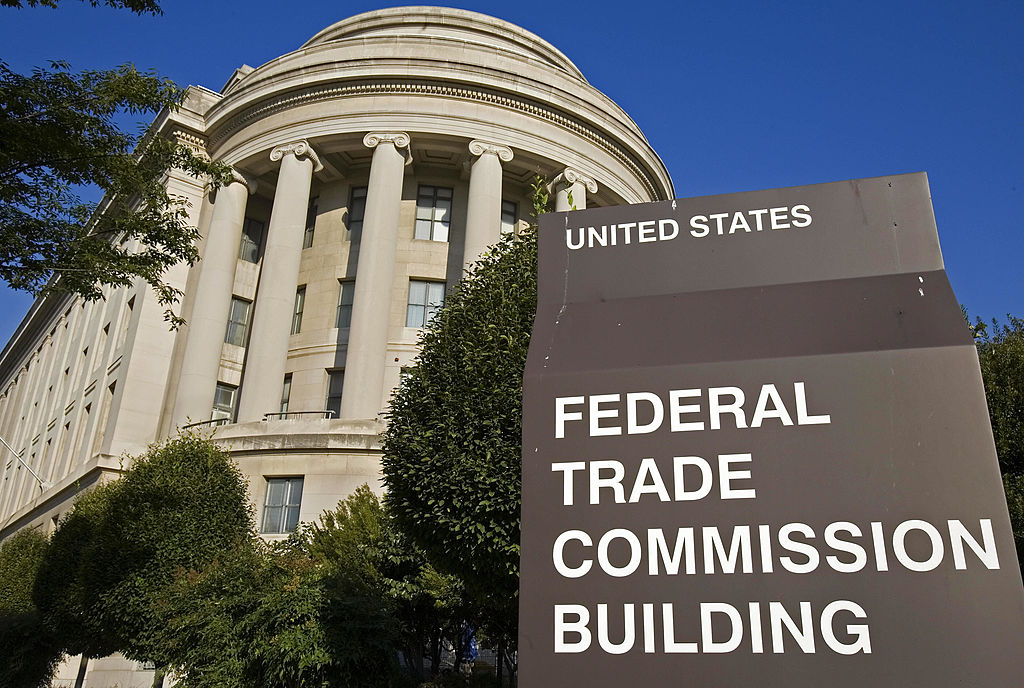
Illumina’s $7.1 billion deal to acquire cancer diagnostics developer Grail has sparked opposition from federal antitrust authorities.

With the Rise of AI, What IP Disputes in Healthcare Are Likely to Emerge?
Munck Wilson Mandala Partner Greg Howison shared his perspective on some of the legal ramifications around AI, IP, connected devices and the data they generate, in response to emailed questions.
The FTC said Tuesday that it has filed an administrative complaint and authorized a federal lawsuit to block the buyout. The regulator said that the deal gives Illumina too much pricing power over Grail’s competitors. Illumina said that it disagrees with the regulator’s position and will oppose it.
Grail is developing tests that detect cancer at its earliest stages by finding traces of tumors shed into the bloodstream. The genetic indicators can be identified from just a small sample of a patient’s blood. These so-called liquid biopsies tests have become a hot area for research and investment. Redwood City, California-based Guardant has already commercialized liquid biopsy offerings. Other companies developing similar cancer tests include Thrive Earlier Detection and Freenome, both of which have raised substantial rounds of funding in the past year.
Grail began within Illumina as research into non-invasive prenatal screening. Illumina CEO Francis deSouza has said that that work uncovered abnormalities in the DNA of a mother who was later diagnosed with cancer. Illumina formed Grail to build on that research, spinning it out as an independent company in 2016. Grail’s first product candidate, Galleri, is a laboratory developed cancer detection test. It’s designed to screen for more than 50 cancers in asymptomatic people over the age of 50. Grail has said it expects to launch Galleri in the second quarter of this year.
By bringing Grail back into the fold, Illumina is putting itself in a position of potentially competing against some of its own customers. Illumina provides the genome sequencing equipment and the reagents used to process cancer test samples. The FTC noted that Illumina is the only provider of DNA sequencing used in multi-cancer early detection tests. That position gives the San Diego-based sequencing giant the power to raise prices it charges to Grail’s competitors for the equipment and reagents used in testing.
The FTC said in its complaint that even if a substitute to Illumina’s next-generation sequencing platform entered the market, it would take years for cancer test developers to switch to a competitor. That’s because companies would have to reconfigure their tests to work with the new testing technology, and in some cases that change will require new clinical trials.
Illumina has a different view. The company issued a statement saying that it and Grail do not compete in any way. Rather, the joining of the two organizations puts Grail’s testing in the hands of a company with the global scale, as well as regulatory and reimbursement expertise, to make multi-cancer testing more readily available around the world. Illumina added that it has offered its clinical oncology customer contractual guarantees of “equal and fair access to Illumina sequencing, and a commitment to drive down prices by more than 40% by 2025.”
The FTC voted 4 to 0 to issue the administrative complaint. The vote also authorized its staff to seek a temporary restraining order and preliminary injunction against the acquisition pending an administrative trial. That trial is scheduled to begin on Aug. 24.
It’s not the first time that a large Illumina acquisition has run afoul of the FTC. In 2018, Illumina reached $1.2 billion deal to acquire Pacific Biosciences, a Menlo Park, California-based provider of long-read sequencing. The FTC challenged the acquisition in 2019 and ended up voting to block the deal. In early 2020—more than one year after the buyout was announced—the two companies decided to terminate the merger pact rather than continuing to challenge antitrust claims.
Photo: Paul J. Richards/AFP, via Getty Images














